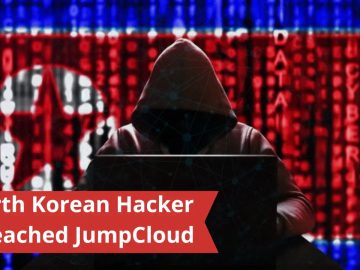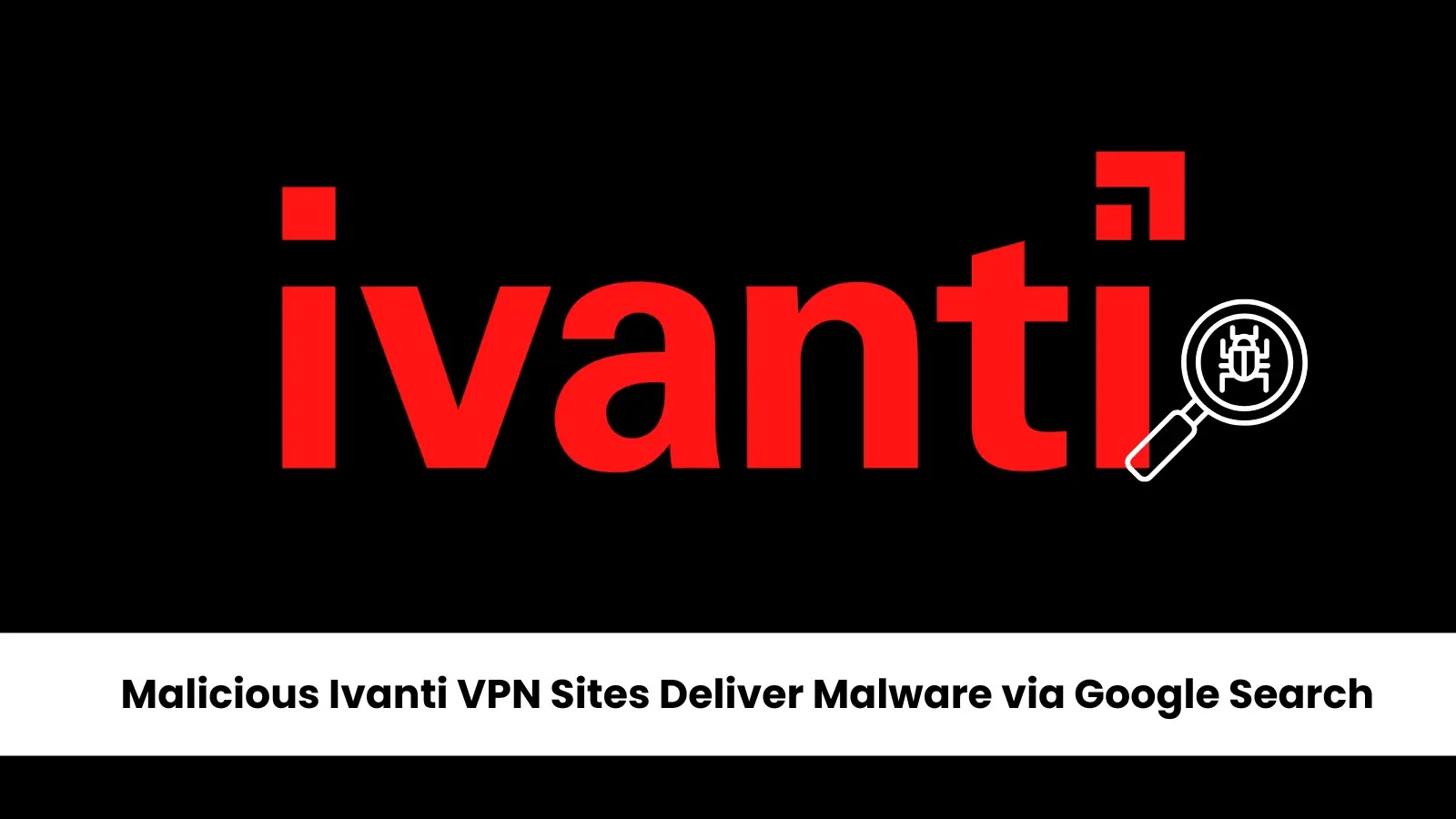Apache RocketMQ platform is a widely used messaging system that handles high volumes of data and critical operations, often attracting hackers.
Exploiting the vulnerabilities in RocketMQ allows attackers to disrupt communications, access sensitive information, and potentially gain control over the data flow.
Cybersecurity researchers at Aqua Nautilus recently discovered that Muhstik malware has been actively attacking the Apache RocketMQ platform to execute remote code.
Muhstik Malware Attacking Apache RocketMQ
RocketMQ had a remote code execution vulnerability (CVE-2023-33246) in versions 5.1.0 and below, allowing attackers to execute commands by leveraging the insecure update configuration function.
With ANYRUN You can Analyze any URL, Files & Email for Malicious Activity : Start your Analysis
Experts detected attacks exploiting this to download Muhstik malware, part of the Kaiten family targeting Linux devices for cryptomining and DDoS attacks.
The attack flow first exploits the RocketMQ flaw to upload and execute a malicious payload that fetches Muhstik, bearing resemblance to prior Mirai-based attacks following that malware’s source code leak.
Researchers exposed a honeypot with a vulnerable RocketMQ version. Attackers detected and exploited the flaw to update the broker configuration, enabling remote code execution.
They delivered a malicious shell script fetching Muhstik malware binaries matching the system architecture.
Muhstik then copied itself across directories like /dev/shm and edited inittab for persistence, restarting its process on boot.
It employed fileless techniques loading directly into memory from temporary locations to evade detection while using a pty3 filename masquerading as a legitimate process.
The Muhstik malware gathered system details via uname, checked for network monitoring tools like strace and tcpdump, scanned for SSH services, and communicated with a C2 server over IRC.
It connected to p.de-zahlung[.]eu, an identified malicious domain, joining channel #ex86 with password 8974.
An encrypted command was sent instructing cleanup of malicious processes like cnrig and kinsing by killall.
The malware persisted by PING and PONG exchanges to confirm the active IRC connection for receiving further commands from the C2 server.
To make money from compromised systems, Muhstik removes malicious processes and DDoS floods them as well as cryptomines on infected computers.
The vulnerability to CVE-2023-33246 made 5200 RocketMQ instances globally vulnerable, according to Shodan scans conducted by researchers.
This highlights the risks of unpatched systems.
This implies that security will remain a top priority for companies with cloud-native applications since some new vulnerabilities and misconfigurations could expose their systems to attackers like Muhstik.
RocketMQ is a good example of a messaging infrastructure that can be used during development to help developers build more resilient applications.
Recommendations
Here below we have mentioned all the recommendations:-
- Secure your environment
- Scan your environment
- Educate your employees
Looking for Full Data Breach Protection? Try Cynet's All-in-One Cybersecurity Platform for MSPs: Try Free Demo




